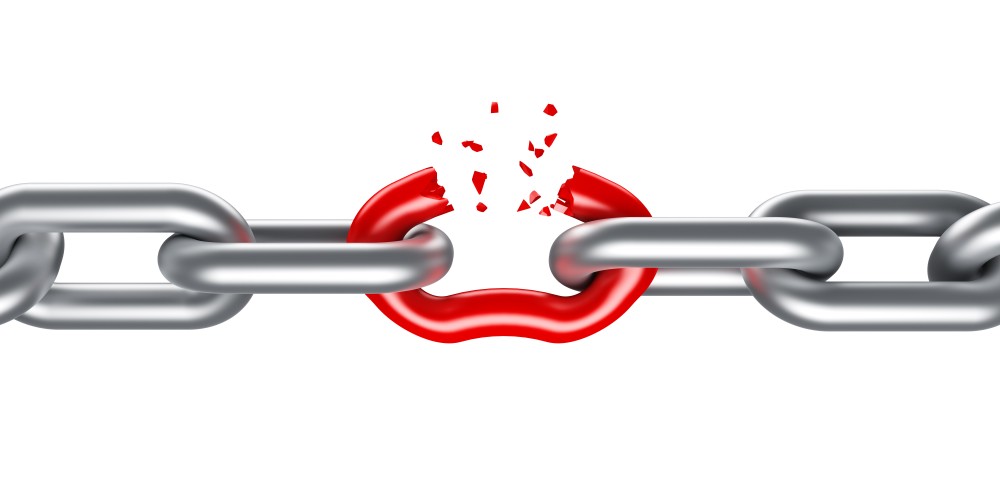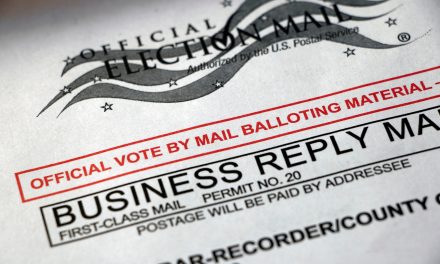At this week’s BOC meeting, Bob Main held up a 150 page report published January 2009 designed to help the O&C counties prepare for the anticipated loss of federal Secure Rural Schools payments. The Governor’s Task Force on Federal Forest Payments and County Services first recommendation Main tells us in his stylized rural Oregon twang is to “raise taxes”. Main continues by saying you can’t raise taxes when people don’t have jobs so raising taxes is “not an option”.
The report says use of existing property tax capacity should be the counties’ first recourse. “If all counties were to establish a property tax rate equivalent to the statewide average of approximately $2.80 per $1,000, all but two of the hard hit counties would make up 90 percent or more of their discretionary general fund shortfalls from the loss of SRS payments.” By law counties may raise property tax rates by 3% per year and non O&C counties have by and large maintained their solvency by doing just that but Coos County has not applied this option evenly.
Coos County has an effective average property tax rate $1.08, according to the report, or 63% below the state average. Breaking that number down even further, however, most of us pay $1.42 per $1,000 whereas the largest land owners like commercial timber firms Weyco, Roseburg Forest Products and Plum Creek pay less than half that rate. It is this type of tax inequity that has spawned the Occupy Wall Street movement.

Most of the hard hit counties “cannot build or develop themselves into solvency” says the task force findings and Main says that raising taxes, apparently even asking large land holders to pay their fair share, is off the table. Main, and Parry and Messerle seem to be in full agreement, is laying the burden squarely across the backs of those who can afford it the least and condemning the county to austerity measures that will only make economic conditions worse. Nobel Prize winning economist Joseph Stiglitz warns that government austerity programs are a path to economic suicide.
Addressing the 5th Toronto Forum on Global Cities, Stiglitz challenged leaders who say it is time for government to get their fiscal houses in order by cutting.
“The fundamental problem facing the global economy is lack of aggregate demand. It’s a vicious cycle: lack of demand leads to fewer jobs leads to less demand.”
This commission believes that a solution lies in privatizing more federal timber lands and maintaining the county’s dependence upon a market driven resource. Parry argues that the county would have local control over this public resource if the Coquille Tribe takes over management of the CBWR from the BLM but this is a fallacious belief because there is no local control over global market conditions.
Main has had this report since January 2009 but to my knowledge the public have never been invited to discuss the mitigation measures recommended by the task force. The commission just made a silent decision that utilizing “existing property tax capacity” was off the table, end of story and there has never been any discussion of enacting local option levies and establishing new county service districts. Now, at the eleventh hour the commission spends money and resources traveling to DC and maneuvering a legislative path to move forward on a false belief that 59,000 acres of federal timber will save the county.
We have some real buffoons sitting on that bench and let’s not forget that the same people who don’t understand the county’s investment fund pool are today speaking about the budget to the chamber of commerce. There should be some very entertaining campaign fodder coming from that video.




One advantage of making the brackets relative to property holdings, rather than “income, is that this encourages a broad distribution of property and discourages consolidation. Progressive property taxation creates a slight market incentive that encourages big landlords to sell their properties to little ones, and it encourages big ones to sell to their renters, who will pay less tax on the same property than the landlords who holds many other properties. (By the way, this seems like a much more civilized way to do land reform than we have seen in developing countries, like South Africa and Zimbabwe, which have agonized over this problem.)”
We have a pretty good system in OR. Government and those who use government services want to grow government, thus they can receive more service.
The progressive tax system is just another system against individual freedom, and as suggested above a redistribution of wealth.
“(By the way, this seems like a much more civilized way to do land reform than we have seen in developing countries, like South Africa and Zimbabwe, which have agonized over this problem.)”
We don’t need this type land reform. Property ownership is part of the USofA. Profit is the issue, not reform or redistribution.
Here’s a good primer.
http://tpmcafe.talkingpointsmemo.com/2007/02/14/what_about_progressive_propert/
Sorry, den no one knows what MarkM means when he uses the word “progressive” in a sentence
Is a progressive property tax like progressive government. Where government is the administrator of the entitlement money. And the entitle-eis, want more, and a continuous amount, thus government consumes its resources in its own growth.
Some think the solution for their government hand outs, is to get it from the producers. Tax them, level the playing field, not by having the entitler’s produce, but by taking from the producers. Government produces nothing, they just redistribute.
Been tried all over this world, continues to fail, and will here in the USof A.
How about a progressive property tax? It’s been tried successfully elsewhere.
Sure, I will go first. Right after the them, “who” are “those” and “What” are the who, of those.
Den, perhaps you can tell me your definition of who the slackers really ARE in this county? I have a feeling you and I do not see the same group of people as slackers.
You go first.
Yes, if we can’t afford to fully staff the IT department or maintain a juvenile detention facility then we definitely cannot afford to continue offering tax breaks in enterprise zones and investing in flower pots and new facades in urban renewal districts.
“are laying the burden squarely across the backs of those who can afford it the least ” Just “who” are “those” and “What” are the who, of those, are not able to a-ford, thus the burden of what is placed squarely upon them.
I live in a city, they raise the property tax 3 percent every year, needed or not. They have much to support and projects and give aways to full fill.
When property taxes are raised, the end user pays. Your going the wrong place, it is how the new revenue, you want to take and give to the government, that is not wisely used, its not that more has to be taken from the producers to give to the slackers.
You forgot to mention all the worthless enterprise zones and urban renewal districts that should be done away with
Suppose the host doesn’t want film? Would NOT surprise me one bit, and Bob could sit there and smile, and Cam could lean towards the speaker with his Most Earnest and Understanding forlorn face —–up and until someone with a brain asks a question. Then it’s Balls To The Walls ! What wankers.
Junior High School BS.